The CMP Review — Week of May 12
May 12, 2025

“Truly parents are happy people—to have God’s children lent to them.” (The Story of Charlotte Mason, p. 7)
@tessakeath
May 13, 2025
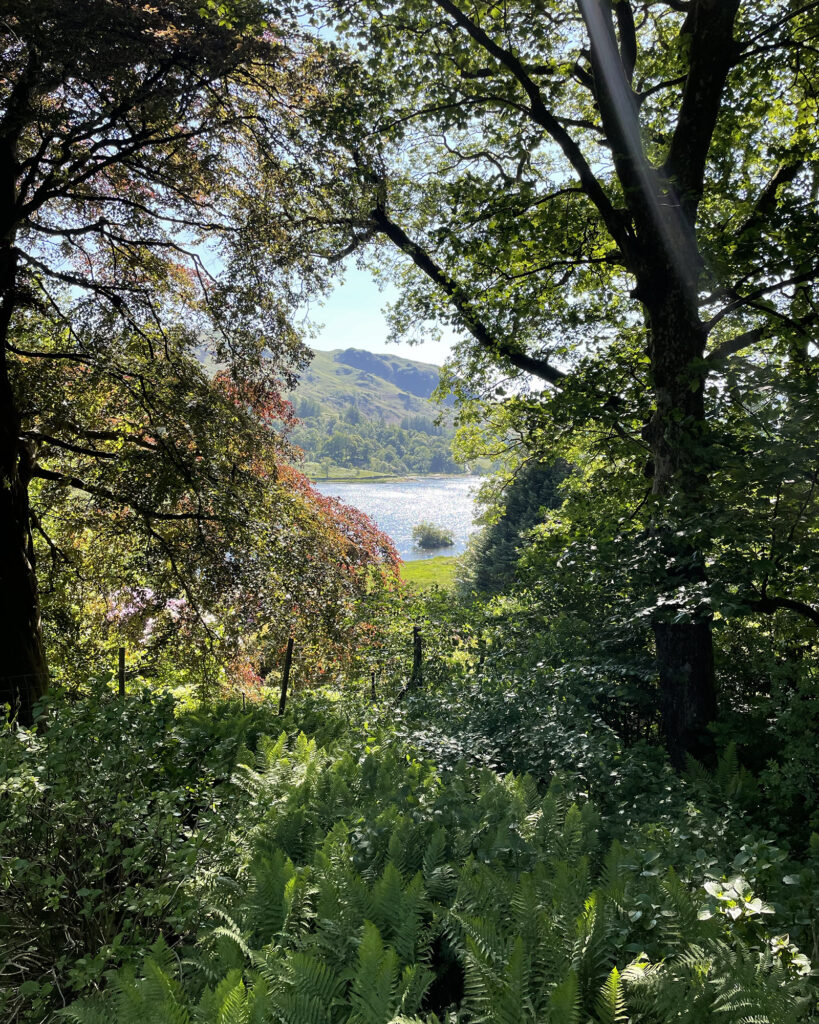
Recently I was pouring out my heart to God. I was wrestling with the worries and responsibilities of homeschooling. I had an idea of what I wanted to accomplish. But I had no idea of how to get there.
Just at that moment I listened to the recording of Nancy Kelly’s opening Conversazione from the 2023 Living Education Retreat. I got to a point that I had to pause the recording because I knew that the Lord had a message for me.
“If … you place the onus of successful education on the shoulders of the teacher, or even the student,” urged Nancy, “what you have is a form of educational legalism, carried out by human endeavor, and it will be a lifeless framework.”
I wrote down the words so I could remind myself again and again of how to reach my destination. You see, we are not learning how to teach. We are learning how to live.
Today Nancy has made available this recording on the Charlotte Mason Poetry recording podcast. I urge you to listen. Perhaps the Holy Spirit will use it to speak to you as He did to speak to me. Find it here.
@artmiddlekauff
May 14, 2025
A wondrous thing about moving from the north to the south is that the pink evening primroses, which bloomed in the evening in my northern home, bloom morning through dusk down here.
And I just learned that a blossom lasts but one day. A gentle reminder to make the most of our time.
@rbaburina
May 15, 2025
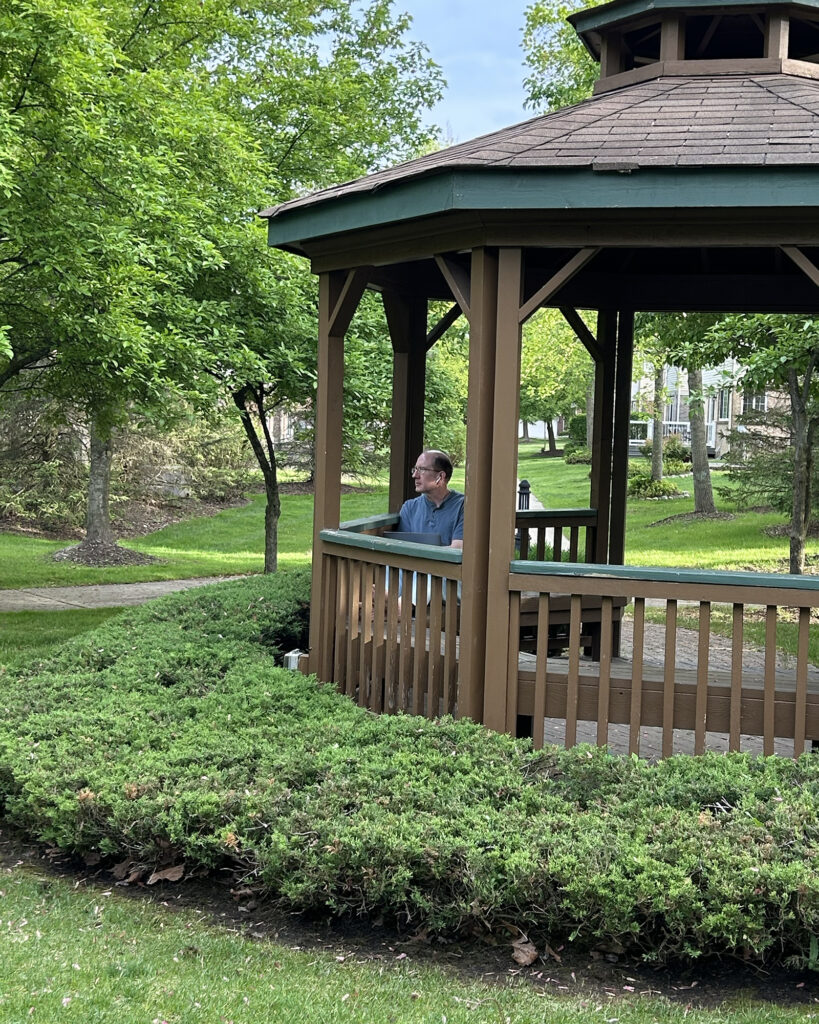
“How often do you have a new favorite composer?” asked my son-in-law in surprise.
“Every thirty years,” I calmly replied.
He asked because in a burst of emotion I had just exclaimed, “I think I have a new favorite composer!”
Not quite thirty years ago, I had fallen in love with the music of Maurice Ravel. Arbie Orenstein does a good job explaining why: “Ravel’s art strove neither for passion nor for truth, but rather for the ‘contemplation of the Beautiful.’” Listening to Ravel was an invitation to contemplate beauty.
Ravel lived at the time of the impressionists, when the classical forms were still remembered, but a newfound freedom allowed the heart to soar. I thought that such music would never be composed again.
Until I heard Ambarvalia, a piece composed for chamber orchestra in … 1988. The piece spoke to my heart and prompted me to seek out other works by this undersung modern composer from Great Britain named Ruth Gipps.
Is it too early to say I have a new favorite? Perhaps. I suppose I don’t have to make up my mind just yet. For now, I’ll just be content to accept an even more recent invitation — to contemplate beauty.
@artmiddlekauff
May 16, 2025

Do you see many Asian beetles where you live? We have lots here in southern Manitoba. One way to differentiate them from ladybugs is that Asian beetles have a black M on the white of their head (well, technically, on their pronotum of their thorax). Whereas regular lady bugs don’t have that M. And, well, Asian beetles often bite, whereas ladybugs don’t tend to be biters.
While we’re at it, what do you call ladybugs? Ladybirds? Other interesting local names?
@antonella.f.greco
May 17, 2025
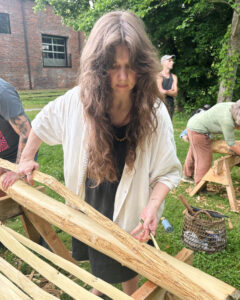
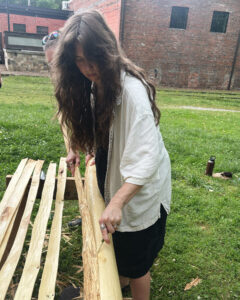
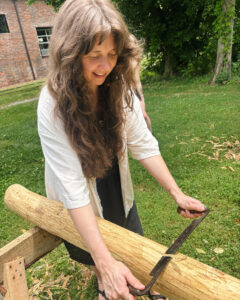
I spent yesterday afternoon with Delia Fian’s bark class, slipping and processing bark that I’ll weave into a hat. It’s slow, intentional work, which I love. Handwork and the rhythm that goes along with it is a part of who I am. It is steady, familiar, and grounding.
Charlotte Mason wrote about the value of meaningful work and how it shapes not just skills, but character. I feel that truth under my fingers as I peel and prepare each strip of bark. Honest work, quiet joy.
@tessakeath
May 18, 2025
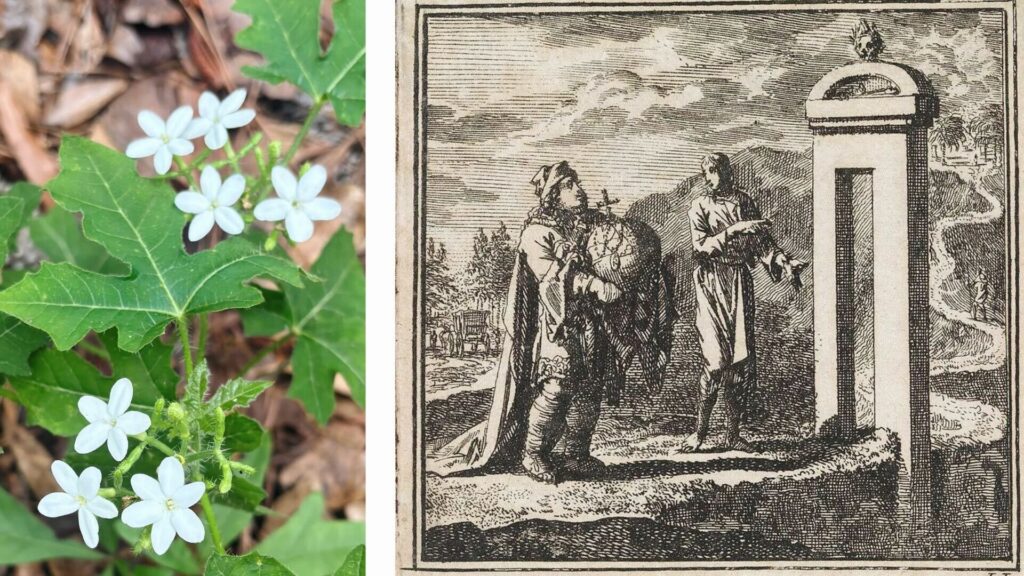
“Although it is a blessed thing to be a Christian, it is not easy,” writes J. R. Dummelow. “The Christian journeys along the narrow way of self-denial discipline and mortification, perhaps of contempt and persecution, but the end of it is life.”
These words would have been read by Charlotte Mason’s students, according to her own account on p. 164 of An Essay Towards a Philosophy of Education: “When pupils are of an age to be in Forms V and VI (from 15 to 18) we find that Dummelow’s One Volume Bible Commentary is of great service… I need only say we find it of very great practical value.”
Writing in 1913, House of Education student Eleanor M. Frost concisely described a lesson as follows:
… the pupils would read the story in The Gospel History, then compare the accounts of this miracle in St. Matthew, St. Mark, and St. Luke, using the Notes in [Dummelow’s] The One Volume Commentary, next they would read the corresponding poem in Volume II. of The Saviour of the World.
Each week the Charlotte Mason Poetry team gathers these materials together to facilitate the exact kind of study Miss Frost describes. Today’s poem is about the narrow way. Find the story in The Gospel History, the commentary from Dummelow, and the poem by Miss Mason all in one place — including a recording of the poem by @antonella.f.greco. It’s at this link.
@artmiddlekauff
🖼️: To Pass Through The Narrow Gate by Jan Luyken